In today’s digital-first world, owning a WordPress website is just the beginning. What happens after your site goes live is where the real work begins. If you’ve ever dealt with a slow-loading site, a plugin that broke your layout, or worse—a hacked site—you already understand the importance of ongoing care. That’s where a WordPress Website Maintenance Plan comes into play.
This comprehensive guide will walk you through everything you need to know about WordPress maintenance plans: why they matter, what to include, DIY vs. professional help, and even how to build a package for your clients or business.
Why WordPress Websites Need Regular Maintenance
You wouldn’t buy a car and never change its oil or check the tires. Similarly, your WordPress website needs ongoing attention to run smoothly. Here’s why:
1. Security Threats Are Real
WordPress powers over 43% of websites on the internet (source). Its popularity makes it a major target for hackers and bots. Without regular security checks, your site could become vulnerable to brute-force attacks, malware, or spam injections.
2. Outdated Plugins Break Things
One of WordPress’s greatest strengths—its plugin ecosystem—can also be a weakness. Plugins that aren’t updated may stop working or even crash your site.
3. SEO Depends on Performance
Google ranks faster, secure, mobile-friendly sites higher. A poorly maintained site with slow loading times or broken links will likely fall in the rankings.
4. User Experience Suffers
Your visitors won’t stay long if your website is down, slow, or not displaying properly. Regular maintenance ensures a smooth user journey.
5. You Risk Data Loss
Without regular backups, you’re just one incident away from losing critical content, user data, or even entire websites.
Core Elements of a WordPress Website Maintenance Plan
A well-structured maintenance plan consists of several crucial services. Here’s what your plan should include:
🔧 1. WordPress Core, Plugin, and Theme Updates
Outdated software is the #1 cause of hacked WordPress sites. Keeping everything updated ensures compatibility and security.
Best Practice: Test updates on a staging site first, especially for major versions.
🔐 2. Security Monitoring
Use tools like Wordfence or Sucuri Security for:
-
Malware scanning
-
Brute-force attack prevention
-
Login attempt limits
Outbound Link: Wordfence Security Plugin
💾 3. Automated Backups
Backups should be automatic, frequent, and stored off-site. Tools like UpdraftPlus or BlogVault make this simple.
Recommended Frequency:
-
Daily for active blogs/eCommerce
-
Weekly for static websites
Outbound Link: UpdraftPlus – Backup/Restore
⚙️ 4. Performance Optimization
Key tasks include:
-
Image compression (use Smush or ShortPixel)
-
Database cleanup (use WP-Optimize)
-
Caching (via W3 Total Cache or LiteSpeed Cache)
Outbound Link: WP-Optimize
📈 5. Uptime Monitoring
Even a few minutes of downtime can hurt your brand and bottom line. Use tools like UptimeRobot to get instant alerts.
Outbound Link: UptimeRobot
🔗 6. Broken Link Checking
Broken links damage user experience and SEO. Use Broken Link Checker to scan and fix them regularly.
📊 7. Monthly Maintenance Reports
Clients love transparency. Include summaries of:
-
Updates performed
-
Uptime stats
-
Backups status
-
Security checks
📥 8. Comment and Spam Moderation
Plugins like Akismet help automatically manage spam, but occasional manual cleanup keeps your site tidy.
DIY vs. Hiring a WordPress Maintenance Professional
Should you manage maintenance yourself or hire a professional? Let’s weigh the pros and cons.
🧑💻 DIY Maintenance: Pros and Cons
Pros:
-
Saves money
-
Full control
Cons:
-
Time-consuming
-
Technical errors can cause downtime
-
No professional liability or support
🤝 Hiring a Maintenance Provider: Pros and Cons
Pros:
-
Peace of mind
-
Emergency support
-
Expert handling of updates, security, and backups
Cons:
-
Monthly fee (but worth it)
Pro Tip: If your business depends on your website (e.g., eCommerce, leads, appointments), hiring a provider is a smart investment.
What to Look For in a WordPress Maintenance Service Provider
Not all maintenance services are created equal. Here’s what to check before hiring one:
-
✔️ Proven experience with WordPress
-
✔️ Transparent monthly reports
-
✔️ 24/7 emergency support
-
✔️ Staging environment for safe testing
-
✔️ Flexible, scalable plans
Some reputable providers include:
Common Misconceptions About WordPress Maintenance
Let’s bust some myths that can cost people dearly:
❌ “I don’t need maintenance—I just launched my site.”
Even new websites can be hacked within days if not secured and updated.
❌ “My hosting company takes care of everything.”
Some managed WordPress hosts offer limited maintenance. They don’t check plugin conflicts, broken layouts, or specific security holes.
❌ “Updates can break things—better not update.”
Not updating is even riskier. The trick is to update safely using backups and staging sites.
Frequently Asked Questions (FAQs)
Q: How often should I perform maintenance?
A: At least monthly. Active websites should undergo weekly or even daily maintenance depending on traffic and updates.
Q: Can I use free plugins for all maintenance tasks?
A: Many free tools do a great job, but premium versions offer automation, better support, and advanced features.
Q: Is maintenance necessary if my site isn’t changing?
A: Yes! Even if content stays the same, plugins, themes, and WordPress core still need updating for security.
Final Thoughts
A website isn’t a “set it and forget it” tool. It’s a living digital asset that needs regular care to perform at its best. Whether you’re a freelancer, small business owner, or agency, implementing a WordPress Website Maintenance Plan will save you time, protect your investment, and give your visitors a better experience.
If you’re not already on a maintenance plan, it’s time to start. Whether you DIY with the help of tools like UpdraftPlus or partner with professionals like WP Buffs, your website deserves proactive care.
Need help managing your WordPress website?
Let’s talk! We offer affordable monthly plans tailored to your needs. Contact us today and keep your website secure, fast, and stress-free.

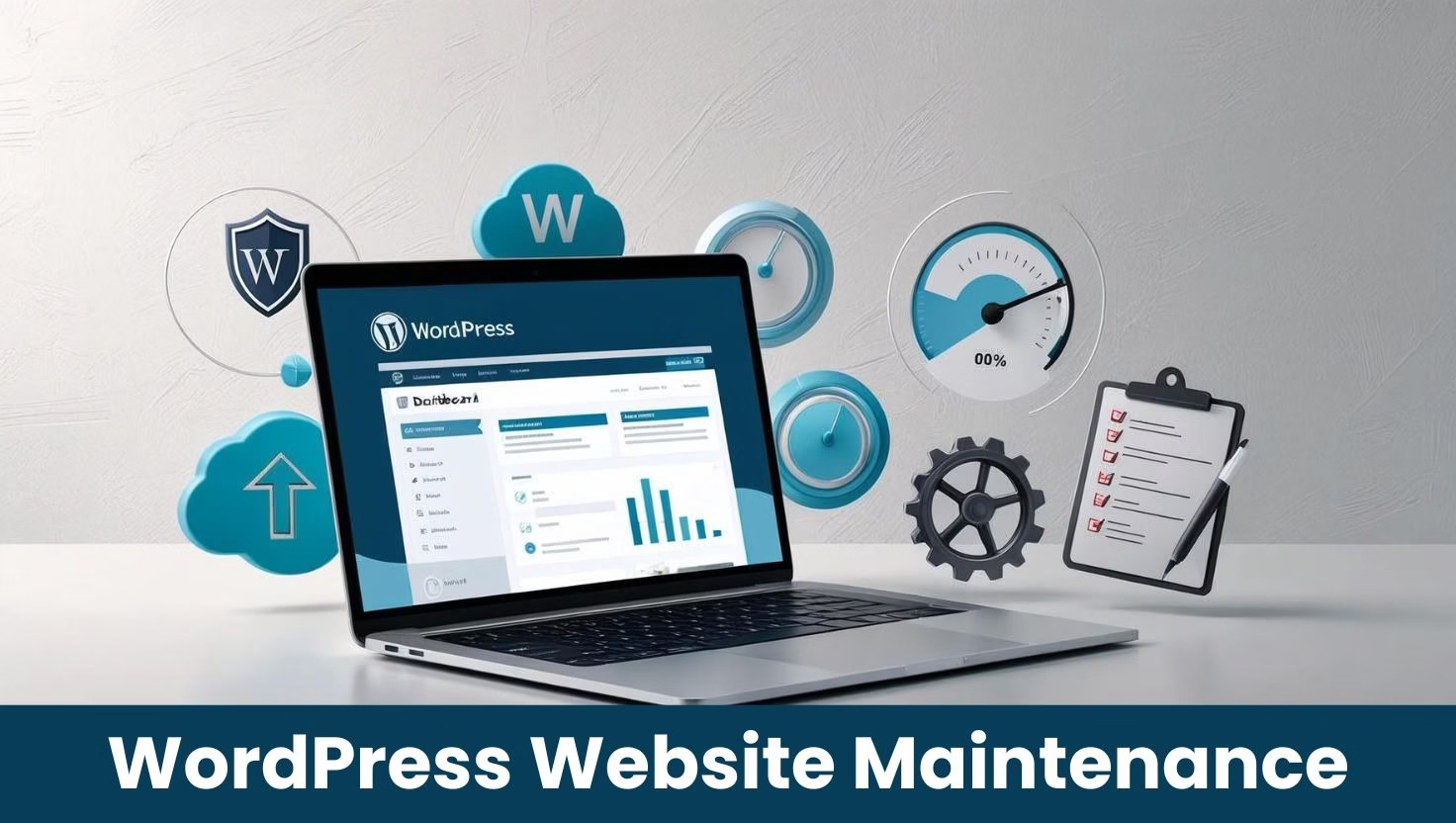

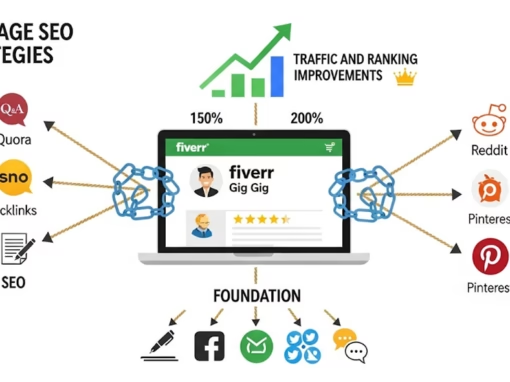

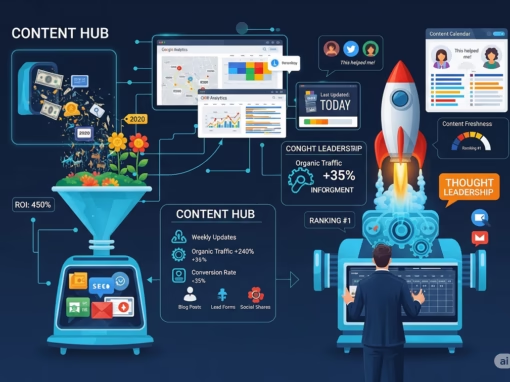
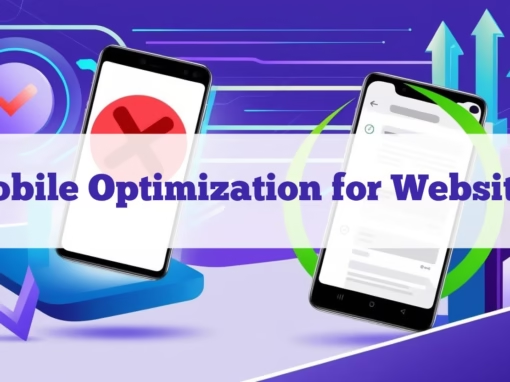

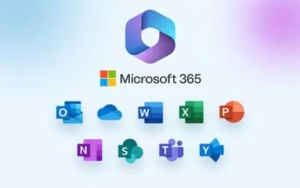
0 Comments